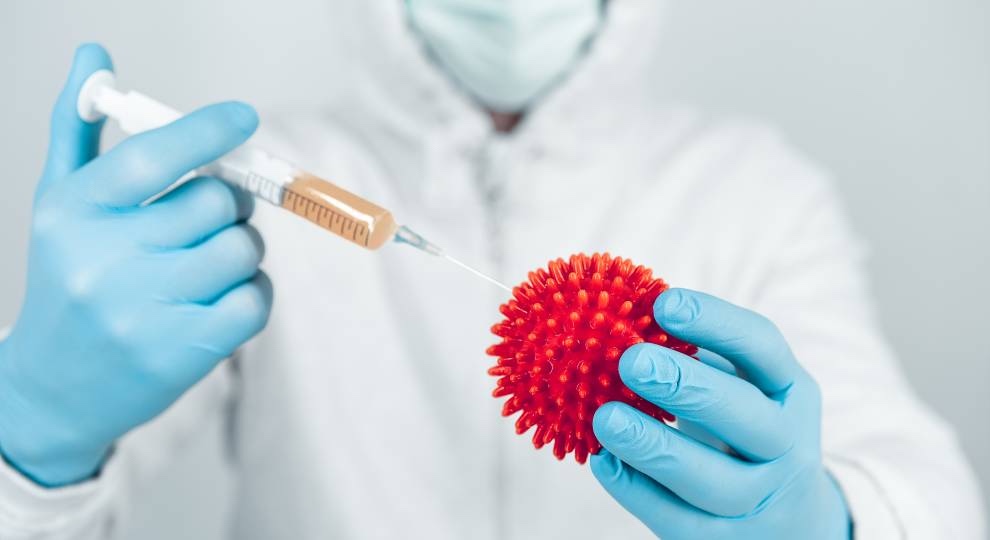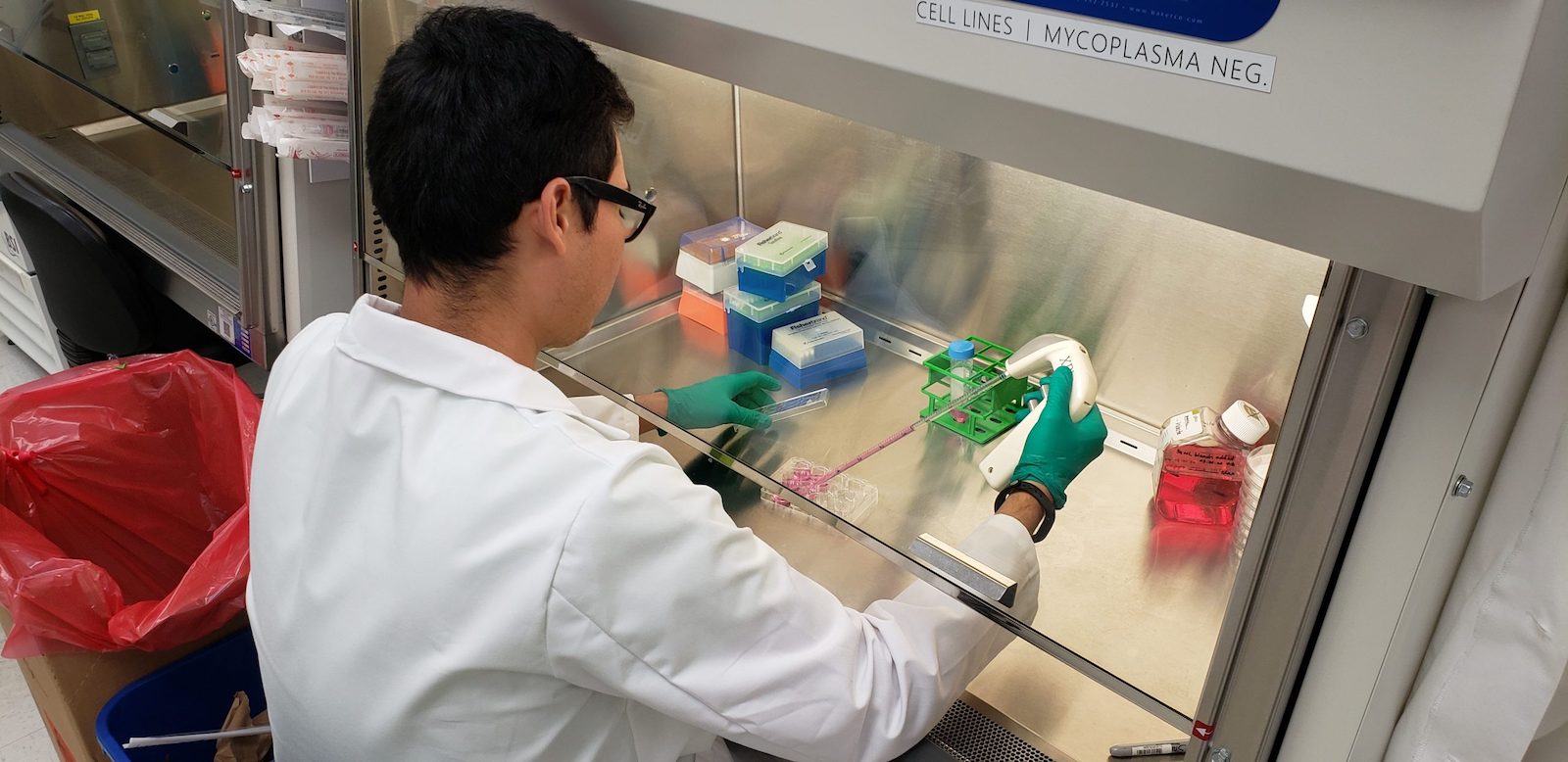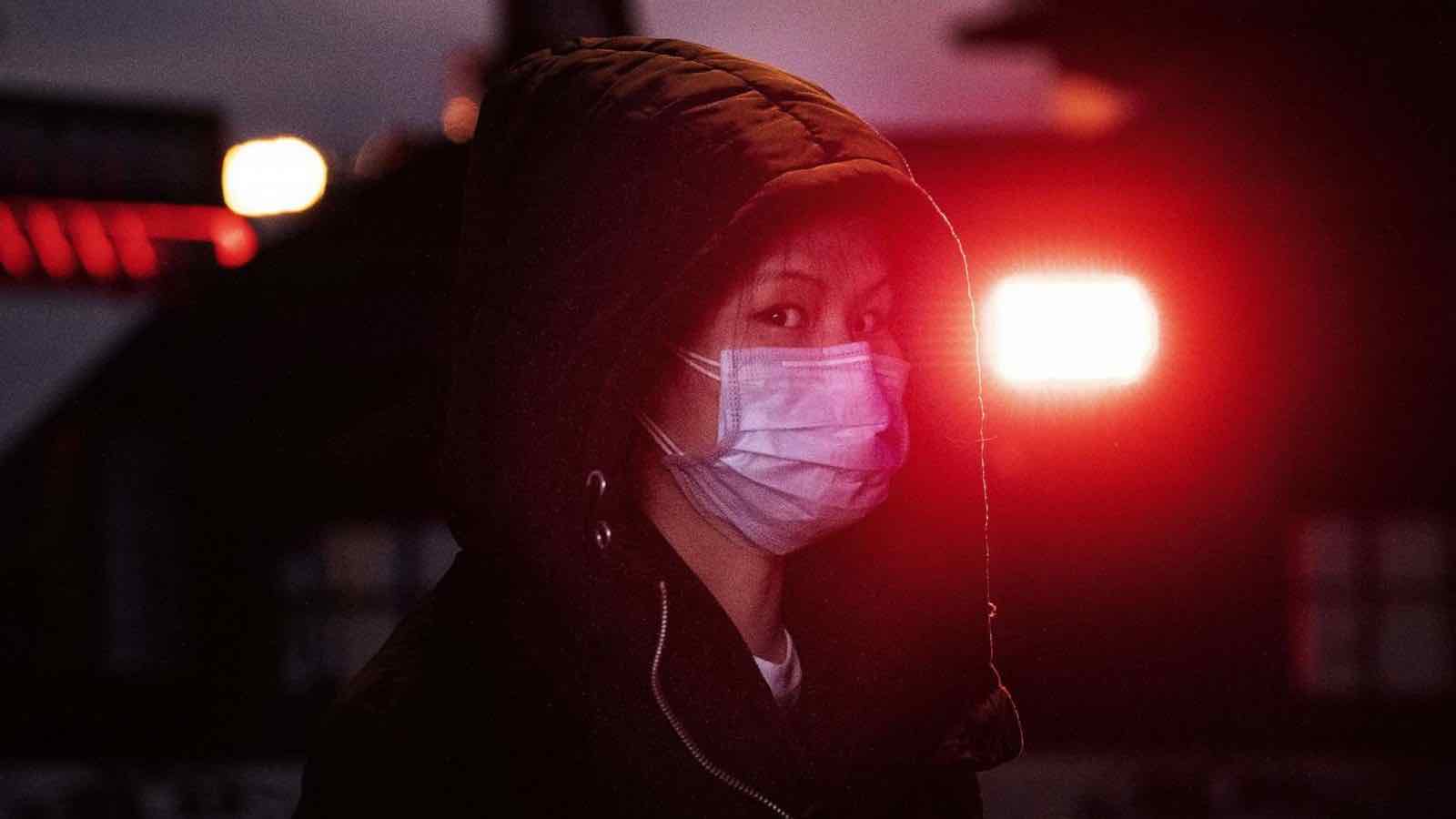
Are researchers finally close to a coronavirus cure? What we know
The coronavirus has shaken the world to its core. Almost overnight the definition of what a normal day on planet Earth is was changed. Instead of getting up, going to work, picking up lunch at your favorite food truck, and stopping by the grocery store on your way home – a normal day turned into rolling out of bed, shuffling to your computer, and staying there all day.
Everyone in the world wants nothing more than to return to life as it was, but it’s clear from the numbers no matter how much wanting and hoping we do, that isn’t enough to make us safe. The US alone has had 3.53 million cases and 138,000 deaths. For some perspective, the US has 4.23% of the world’s population, but 23% of the world’s deaths from coronavirus. Reopening just isn’t a good idea right now.

Looking for a cure
COVID-19 needs a vaccine. Colloquially we frequently say cure interchangeably with vaccine, but there is a difference. Cures make you better when you’re already sick – vaccines prevent you from getting sick in the first place.
Usually finding either a cure or vaccine takes years upon years. There is extensive testing, and limited funding & resources which makes research slow. However, it’s clear the world can’t wait four to five years for a vaccine. It’s already hard enough to encourage people to stay home after five or six months.
Labs researching a vaccine for COVID-19 have, thank goodness, been given extra funds and resources in order to put the search for a viable & safe vaccine into overdrive. So, while things seem crazy and people aren’t sure about where the light at the end of the tunnel is, there’s actually some hope.

The Oxford trials
More details are set to come out on Monday, July 20th, about the progress of a vaccine being worked on in England at the University of Oxford. Specifically, The Lancet Medical Journal will be producing the results of phase I of the trials being run. However, right now, what we know looks very promising.
The Oxford researchers have been working extremely hard to find a vaccine, and now they say it’s possible it provides people with “double defense”.

The Telegraph said this in regard to the Oxford vaccine, “Blood samples taken from a group of UK volunteers given a dose of the vaccine showed that it stimulated the body to produce both antibodies and ‘killer T-cells’. The discovery is promising because separate studies have suggested that antibodies may fade away within months while T-cells can stay in circulation for years.”
What’s even better is that, right now, doctors are saying this vaccine could be available before the end of this year, some even are projecting the possibility of it being ready by October. Oxford has already made an agreement with AstraZeneca to produce 2 billion doses of the vaccine.

Things to consider
Obviously most medical trials require years of monitoring the people who took part in trials, but this is something the world likely can’t and won’t wait for. The monitoring is usually put into place just to ensure there are no long term effects of the medical treatment, or delayed side effects. Odds are a lot of the world will be willing to forgo this monitoring in order to end the pandemic.

Having hope
While there is no guarantee the Oxford vaccine will be accepted by people like the FDA and other similar organizations around the world, it’s still nice to hear progress is being made toward ending the pandemic.
The Oxford vaccine is already undergoing a 1,100 person trial and intends to eventually move on to a 10,000 person trial. So hopefully their results are positive enough to warrant not only excitement, but a confirmation from regulators that the vaccine is safe to take.
When referring to Sarah Gilbert, the woman heading the Oxford trials, the UK’s government vaccine task force said, “She’s well ahead of the world. It’s the most advanced vaccine anywhere.” So fingers crossed this vaccine is safe, useful, and approved soon. We’re rooting for Gilbert and her team.



